First, Happy 4th of July, everyone! I hope that you are celebrating our nation’s independence and are having fun doing it. Whether you are spending a quiet day at home with loved ones, journeying to see family, or traveling to a fireworks display, it’s good to remember what we fought for and continue to fight for through elections and protests. I also want everyone to take a moment to think about our soldiers who are not home with their families and to wish them well and send our support to them for their sacrifices.
I’m not sure what we’ll be doing this 4th of July, but whatever it is, I’m sure we’ll just be happy to spend time with Wiggles and relax.

Just be warned that these posts can increase your TBR piles and wish lists.
Here’s what I received this week:
1. Her Sister's Shadow by Katharine Britton for review from Penguin.
2. Curses and Wishes by Carl Adamshick from the American Academy of Poets.
3. Flies by Michael Dickman from the American Academy of Poets.
4. Bitter Bitch by Marie Sveland, translated by Katarina E. Tucker from Skyhorse Publishing for review in September.
5. The Book of Lies by Mary Horlock for an August TLC Book Tour.
6. The Story of Beautiful Girl by Rachel Simon on audio from Dawn of She Is Too Fond of Books, read by Kate Reading; Thanks, Dawn.
7. Nerd Do Well by Simon Pegg, which I purchased from Borders online with my coupon; thanks to Florinda for a great review.
8. Rescue by Anita Shreve, which I’ve wanted to read since it came out and I also got from Borders.
What did you receive in your mailbox?
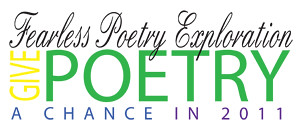
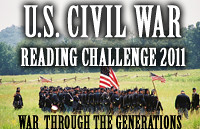
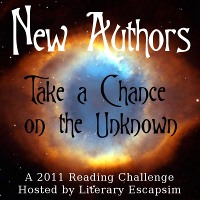

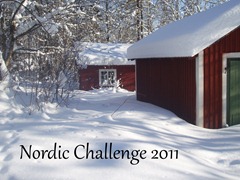
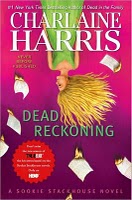

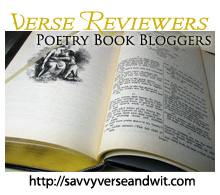


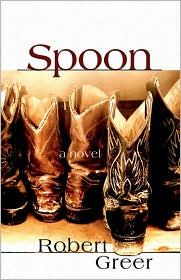

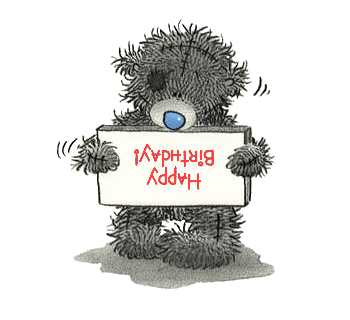 First I want to wish my husband a happy birthday. I’m sure he’s starting to feel his age, but I keep telling him that age is just a number and he doesn’t look a day over 25. I hope that you have a great birthday, honey, and keep smiling now that our daughter is here. She adores her daddy, and I know you adore her. Have a great day off from work spending time with her. I wish that I could do the same.
First I want to wish my husband a happy birthday. I’m sure he’s starting to feel his age, but I keep telling him that age is just a number and he doesn’t look a day over 25. I hope that you have a great birthday, honey, and keep smiling now that our daughter is here. She adores her daddy, and I know you adore her. Have a great day off from work spending time with her. I wish that I could do the same.






